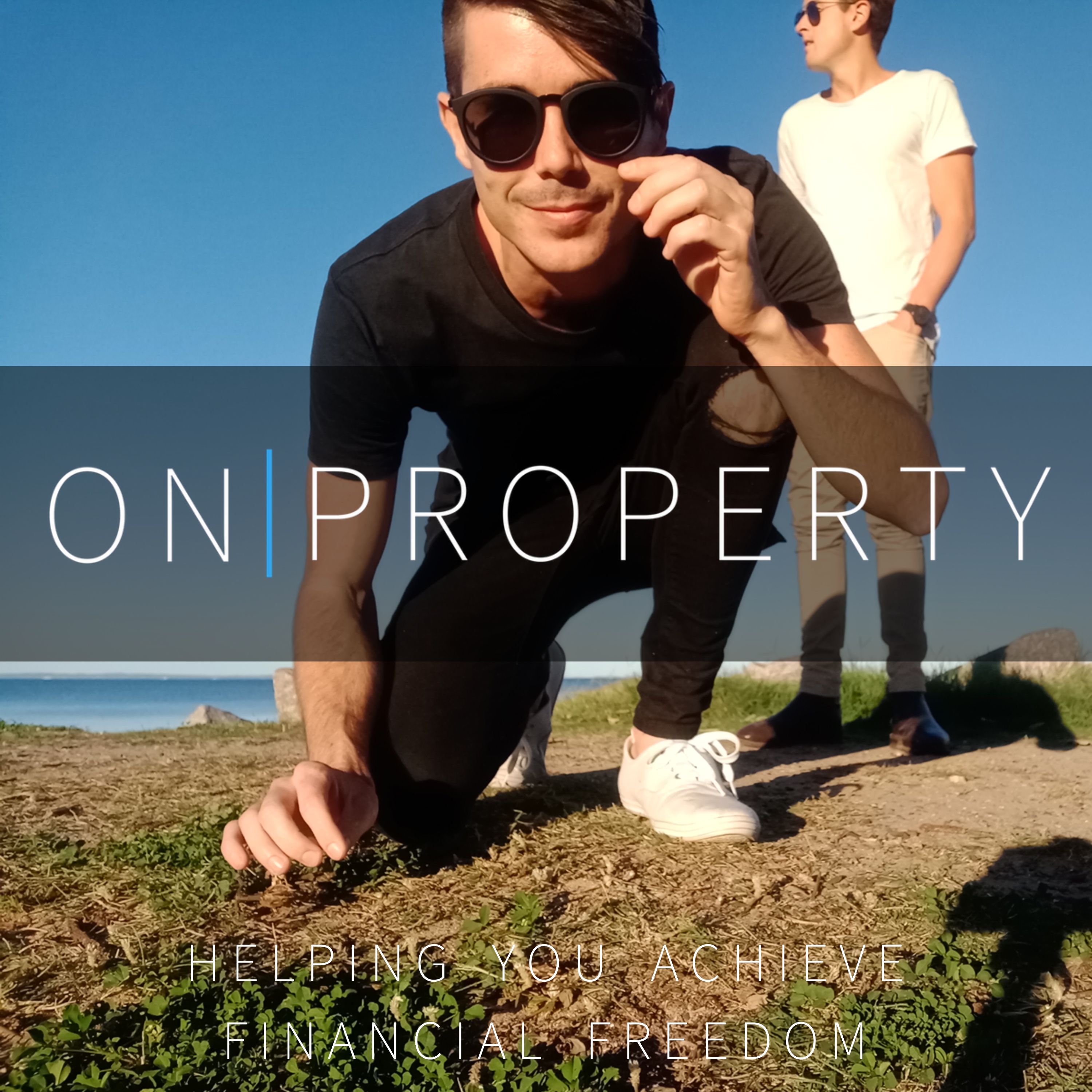How Properties Can Create Financial Freedom For You

ARVE Error: Mode: lazyload not available (ARVE Pro not active?), switching to normal mode\n\n\n\n\n\n\n\n\n{"@context":"http:\\/\\/schema.org\\/","@id":"https:\\/\\/onproperty.com.au\\/create-financial-freedom\\/#arve-youtube-gtekfqw7feo","type":"VideoObject","embedURL":"https:\\/\\/www.youtube-nocookie.com\\/embed\\/GtEKFQw7fEo?feature=oembed&iv_load_policy=3&modestbranding=1&rel=0&autohide=1&playsinline=0&autoplay=0"}\n\n\n\n\n\nIf done correctly properties can actually do the work required to create financial freedom for you, with little financial input from yourself. This is a powerful concept and makes achieving financial freedom seem a hell of a lot easier.\n\nResources Related To This Episode\n\n2 Properties To Financial Freedom\nTranscription:\nTonight, I want to share with you a really important concept which may change the way that you look at property investing and achieving financial freedom. Now, that is a huge statement to make at the very start of an episode, but I really do believe that this concept is so powerful that it just makes financial freedom seems so much easier than what you may think it is high on Ryan from on-property dot com dot EU. I help people achieve financial freedom and today we're talking about the concept that properties, if invested correctly, will actually go on and do the work to create financial freedom for you. So you purchased the properties, you acquire them, you rent them out, and then they pay themselves off and eventually there'll be completely paid off. You can then take the rental income and live off it and you'll be financially free.\n\nSo rather than paying down the debt yourself, those properties are working hard to pay themselves off. And eventually we'll go on to deliver you financial freedom. So in this episode we're going to get into the nitty gritty. We're going to look at some numbers with this. So you can see it in action and then hopefully this is just going to flick a switch in your mind that you realize, oh, just acquiring these properties as the hard work and then the properties do most of the work towards achieving financial freedom for you. So we'll jump into the data here and we're going to be looking at the details around the two properties to financial freedom strategy. So if you haven't checked that out yet, you should check that out. That's an on-property dot condo. You forward slash fibo eight we go into in complete detail. But if you haven't seen it, the basic strategy is you purchase a house for around 400,000 and you build a granny flat which cost around 110,000.\n\nSo total cost is $510,000. You then rent the house for about 4:20 per week. You rent the granny flat for about two 80 per week. So you've got about $700 per week coming in. That's the basic strategy. You just do that twice by a house, build a granny flat, buy a house, build a granny flat, so you don't actually need to watch that video, but I do suggest you watch it at on-property dot com dot EU four slash five slash eight, or in the links down below if you haven't already, because we just talked through it in more detail. So I'm going to assume a 20 percent deposit in this, which means we're going to be very close to cashflow neutral if not cashflow positive in the first year when we start. If you use a lower deposit, you may start negatively geared and you need to work yourself out of that.\n\nUm, but yeah, it using a 20 percent deposit which should be cashflow neutral from day one. So let's look at some of the data here in the rental income. This is not the most accurate way to predict the cashflow of the property, but it's all right and it's going to be good for what we're looking at today to just explore this concept in a bit more detail. And that's the idea that 20 percent of our rental income is going to go on expenses. So that's things like manager fees, counsel rates, insurances, all of that sort of stuff. So we'll take the rental income, which as we can see over here is $700 per week and then we'll tak...